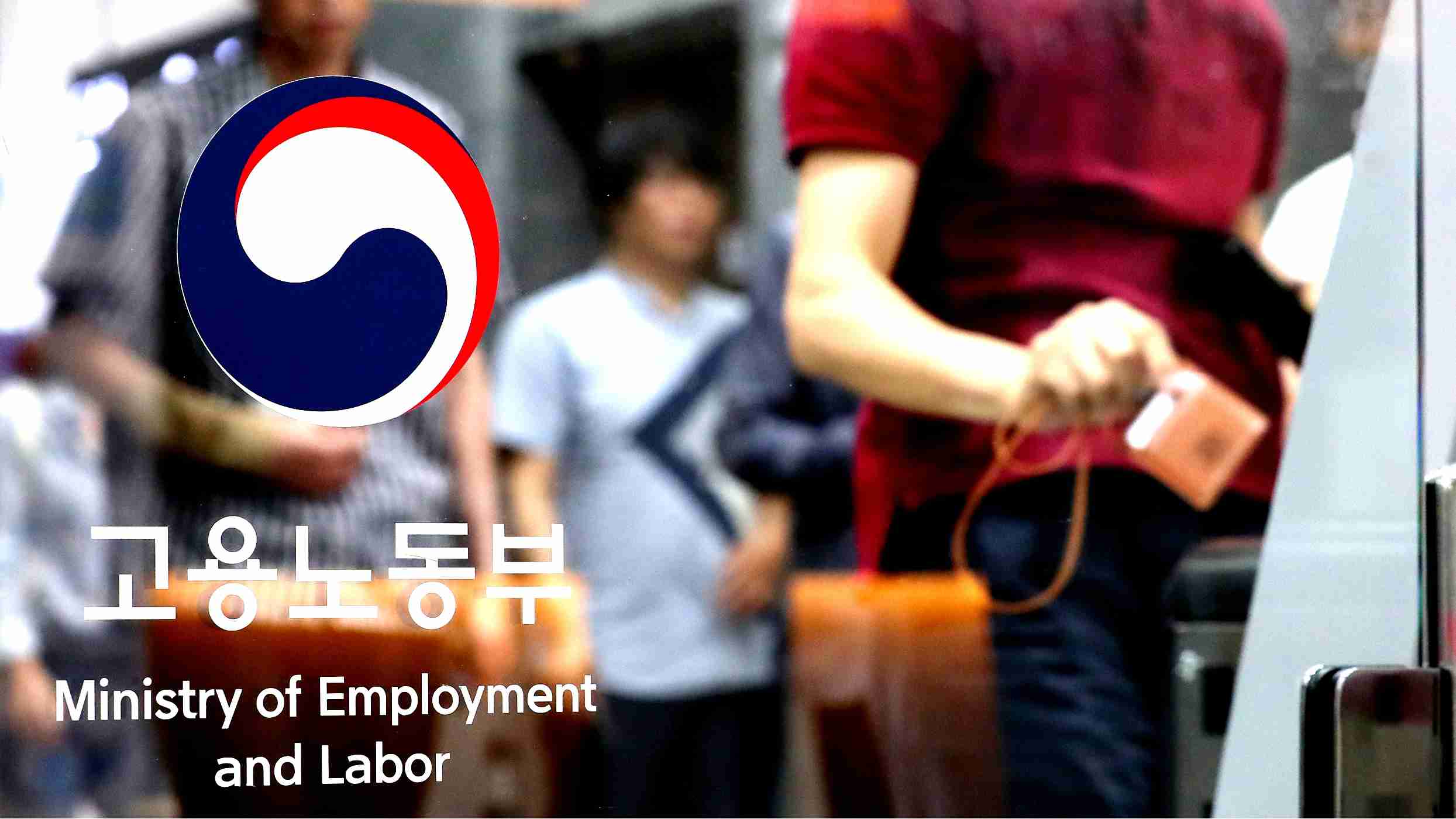
(Photo: CGTN)
A mixed response to a new 52-hour-cap on working hours in South Korea highlights the challenges facing aging Asian economies, as Seoul, Tokyo and Beijing consider various measures to boost productivity and falling birthrates by giving workers more free time.
Beginning Monday, South Korean workers can now only work for 40 hours per week, with 12 hours of overtime at 1.5 times pay-rate.
Companies that fail to comply with the new legislation, brought in by President Moon Jae-in to boost productivity and “improve work-life balance,” will face fines of up to 20 million won (17,945 US dollars) or even two-year prison sentences.
The Korean Economic Research Institute says that the new legislation could cost South Korean businesses 11 billion US dollars per year. Despite this, the government, labor unions and the majority of workers have welcomed the changes.
However, some workers have voiced concerns about poor enforcement of the new laws, and not being entitled to overtime pay when working beyond 12 additional hours. The previous labor laws consisted of a 52 hour week plus 16 hours of overtime.
Small and medium enterprises in South Korea, which are exempt from the new rules until 2021, have also expressed worries over the changes. SMEs represent as much as 90 percent of the entire labor force according to the Financial Times, but such companies struggle to pay wages anywhere near those on offer at large “chaebol” conglomerates.
The new labor laws will limit the amount of overtime SME workers can do, potentially forcing many into extra jobs to make up for low wages.
The South Korean opposition party, Liberty Korea, have criticized President Moon’s labor reforms, saying “instead of a life with an evening, it can be a life with another part-time job.”
A total of 55.2 percent of respondents to a survey conducted by South Korean media said they were concerned they would still have to work extra hours for less pay than before, as a result of the new rules.
According to the Organization for Economic Cooperation and Development (OECD), South Korean workers have the longest working hours in the developed world, working 300 more hours per year than Americans, and up to 700 extra hours compared to German and Norwegian workers.
Data has long shown that grueling work hours do not translate into productivity. South Korean workers on average produced 31.90 US dollars per hour in 2014, compared to the OECD average of 49 US dollars.
The country also has the highest suicide rate among developed economies and drinks more hard liquor per capita than any other country.
Can more free time mean more babies?
Productivity is a major concern for Seoul, but more pressing is the country’s rapidly aging population. The number of births has hit a consecutive series of year-on-year lows for the last 12 consecutive months, with the number of newborn babies in April at 27,700, down 8.9 percent from a year earlier.
The aging population has already put significant pressure on the South Korean workforce, with more people aged over 60 working than people in their twenties.
Japan is also facing similar problems, with long working hours, low productivity and a plummeting birthrate. In June the country announced plans to reform its labor laws, including a 100 hour limit to the amount of monthly overtime workers can do.
Controversially, white-collar workers who earn more than 10.75 million yen (97,000 US dollars) per year are exempt from the new regulations, leading to criticism of Prime Minister Shinzo Abe’s policy.
Abe’s opposition in parliament, the Constitutional Democratic Party, said the new rules would lead to more “karoshi” – a word that means “death from overwork.”
China's growing 996 overtime culture
While China continues to record strong economic growth, concerns are growing over the country’s aging population, and the increasing amount of time young workers are expected to stay behind in the office.
According to China Daily, a survey in 2015 of 38,000 people found that 60 percent of people did overtime during weekdays, and 40 percent occasionally had to do weekend overtime. Nearly 14 percent of people “only enjoyed half the weekends off in a month, while 3.4 percent said they had no day off in a month.”
China’s overtime culture has seen a new term coined online – “996” – meaning working from 9 a.m. to 9 p.m., for six days a week. However, the country already has strict labor laws – according to China Daily, laborers made to work on rest days should be paid double their normal wages, while overtime payments should be 150 percent for each overtime hour worked on a normal workday.


